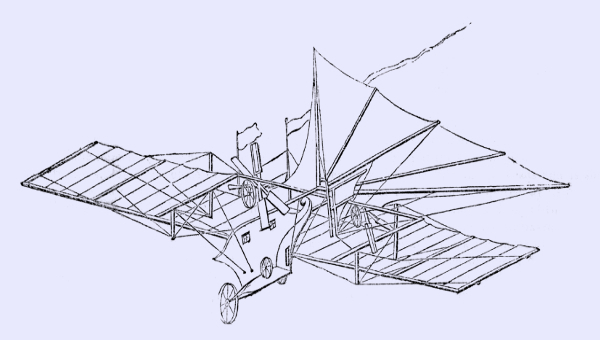What is Intellectual Property?
Intellectual property (IP) refers to creations of the mind, such as inventions; literary and artistic works; designs; and symbols, names and images used in commerce.
IP is protected in law by, for example, patents, copyright and trademarks, which enable people to earn recognition or financial benefit from what they invent or create. By striking the right balance between the interests of innovators and the wider public interest, the IP system aims to foster an environment in which creativity and innovation can flourish.
Publications
- What is IP?
- Understanding Copyright and Related Rights ǀ Understanding Industrial Property
- WIPO Intellectual Property Handbook - a comprehensive guide to the policy, law and use of IP.
Featured
IP and artificial intelligence
Find out how artificial intelligence can help radically improve IP services, from neural patent translation to AI trademark search and more.


















